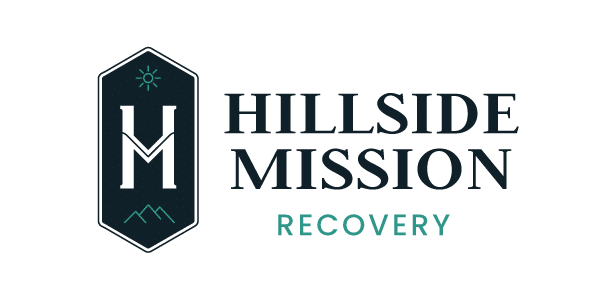Evan didn’t notice the early signs of alcoholism in college because he didn’t know what to look out for. After all, getting drunk and waking up hungover from drinking too much beer at a frat party is ‘normal’ when it comes to college.
But he isn’t the only one…
Jason had left his crazy college days years ago and was working at a financial firm downtown. His only vice was that he liked to kick back a little ‘too hard’ on Fridays after work. Lots of people do that, so that shouldn’t be a problem, right?
Alcoholic drinks are a staple in American society. From fancy drinks and wines, to 6-packs and craft beers, almost everyone drinks what is considered to be a reasonable amount of alcohol. Hence, it might be difficult to know when alcohol becomes a problem. Drinking more than a standard amount of alcohol is quite common, especially if you don’t know the standard.
This is why the first signs of alcoholism are difficult to pinpoint. People don’t know when recreational drinking becomes alcoholism.
The lines might be blurry, but there are some red flags to look out for. In this article, we will review the red flags that signal the first signs of alcoholism. But before that, what is alcoholism?
Alcoholism Defined
There are too many conflicting ideas and opinions about what alcoholism is. A clear definition of alcoholism can help detect the early signs of alcoholism in individuals.
According to the National Institute on Alcohol Abuse and Alcoholism, alcoholism or alcohol use disorder (AUD) is a chronic brain disorder characterized by an inability to control the alcohol intake despite any negative consequences.
Alcoholism has three stages of severity – mild, moderate, and severe. Severity is measured by how many symptoms a person reports during the diagnosis stage.
Treatment is always easier if diagnosis happens when alcoholism is still mild. Unfortunately, like the stories mentioned above, many individuals realize they have a problem when the addiction controls them or becomes severe.
The common signs of alcoholism are;
- Drinking more than you planned to
- Spending a lot of time drinking or dealing with a hangover
- Trying and failing to stop drinking alcohol
- Thinking of alcohol and battling strong urges to take alcohol most of the time
- Drinking prevents you from carrying out your responsibilities at home, work, or school
- Drinking more each time, even when it causes a rift between you and your family or friends
- Losing interest in or missing out on activities that previously made you happy because you were drinking
- Making wrong decisions or involving yourself in activities that could have gotten you and other people hurt (such as driving or swimming)
- Continuing to drink even though you feel depressed, anxious, or after having a blackout
- Having to drink more alcohol to feel the desired effect
- Experiencing withdrawal symptoms whenever the alcohol starts to wear off. This includes difficulty sleeping, nausea, sweating, and more.
First Signs of Alcoholism
All early signs of alcoholism are tied to a loss of control. As soon as an individual realizes that they can’t control how much alcohol they consume, then it’s time to do an evaluation.
Here are some warning signs:
- Drinking more than you planned to
- Trying and failing to stop drinking as much alcohol
- Thinking of alcohol and battling strong urges to take alcohol most of the time
In all the early signs of alcoholism, the individual is known as a functioning alcoholic. They can still manage their drinking problem and other aspects of their lives.
Without seeking treatment, it’ll only get worse until the alcohol takes over every aspect of the individual’s life.
How to Get Help With an Alcohol Addiction
You don’t have to wait until it’s too late to seek help. If you relate to any of the early signs of alcoholism above, it’s time to check into a treatment center and get help.
There are many treatment centers for rehabilitating individuals with alcohol addiction scattered all over the country. Our facility Hillside Mission, is located in beautiful Orange County.
We offer residential in-patient care in a beautifully serene environment, aftercare, and a community of willing alumni ready to help you overcome your drinking problem. Reach out to us today for help with your addiction.







